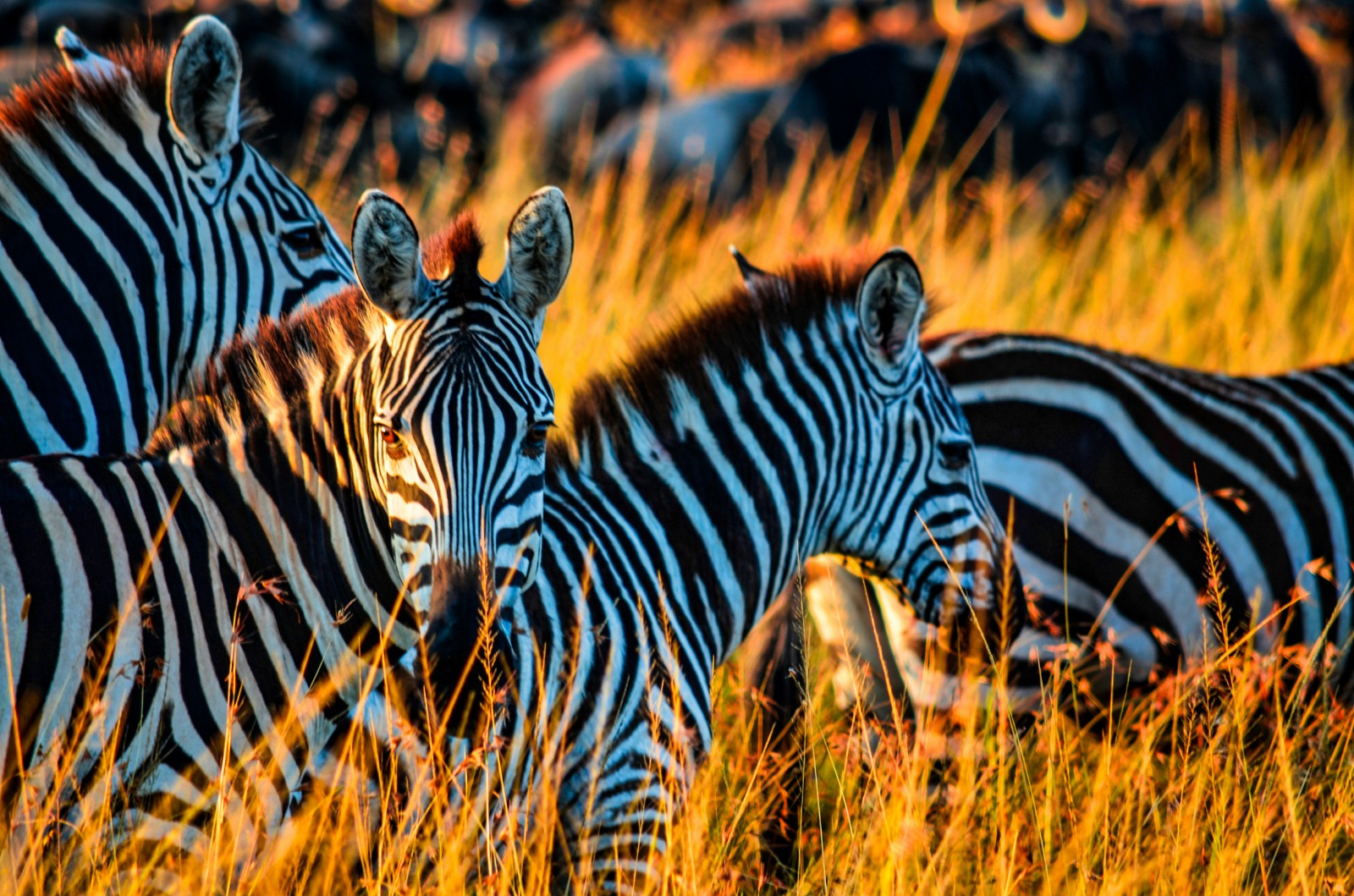
Its a magic park. A prime park and also a destination of its kind. At this park you can see mt. Kilimanjaro the tallest mountain in Africa while still you are in Kenya. The big five are available. A bird watcher this is a home. Couples , family, affliates, business associates,students, researchers , camping nder the stars at the middle of wilderness and all the dynamic quest here at amboseli national park yor dream will be realised.
Have look at one of our packages. Please note that we listen and make a package according to our guests desire. Feel free to reach us on whatsapp +254 711183525.
| Country | Kenya |
| Languages Spoken | English, Swahili |
| Currency Used | KSHs, USD |
| Area | 2,654 square kilometers |
| Time Zone | GMT+3 |